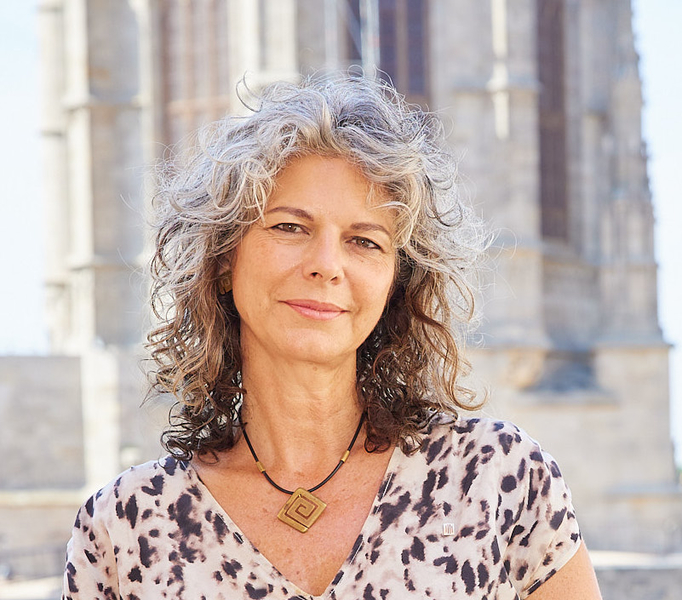Objectives
The aim of the BSC Doctoral Symposium is to provide a forum in which PhD students and PostDocs can present their research. To reach this goal, PhD students and PostDocs will share their experience and findings through talks, posters and discussions.
Authors are invited to submit two-page manuscripts containing original research and recent developments, as well as position and strategic papers to the Symposium. All accepted abstracts will be given either a presentation or a poster slot.
IMPORTANT DATES
Abstract submission deadline: 28 March 2024
EXTENDED abstract submission deadline: 8th April 2024 before 09:00h
Key Note Speaker
Speaker: Dr. Mercè Crosas
Time and Location: 7th of May 2024, 09:00-10:20, Aula Master, UPC Campus Nord
Abstract: The social sciences are more needed than ever to understand and address today's world's challenges. The vast amounts of data about human behaviors and interactions, and the second-to-second digital trace we leave behind, together with the advances of applied computational methods and compute resources, have given rise to the emergence of the new field of computational social sciences. Democratic quality and media consumption, changing demographics and living arrangements, social and ecological values in the digital world, social innovation to improve social mobility, understand what works in education and in science, and what doesn't, explore the volumes and volumes of medieval text and document our cultural heritage, are social science and humanities problems that we are aiming to shed light at the new Computational Social Science program at the Barcelona Supercomputing Center, with the use of a wide variety of data, from text, images, and massive statistical datasets, a wide variety of methods including NLP/LLMs for text analysis, Social Network Analysis, Agent Based Models for social simulations, multilevel statistical models, among other computational-intensive methods. This talk will introduce these initial projects, and describe the vision, goals, and structure of the Computational Social Science program, as well as the importance of responsible access and use of FAIR data and of conducting this computational research with open science in mind.


